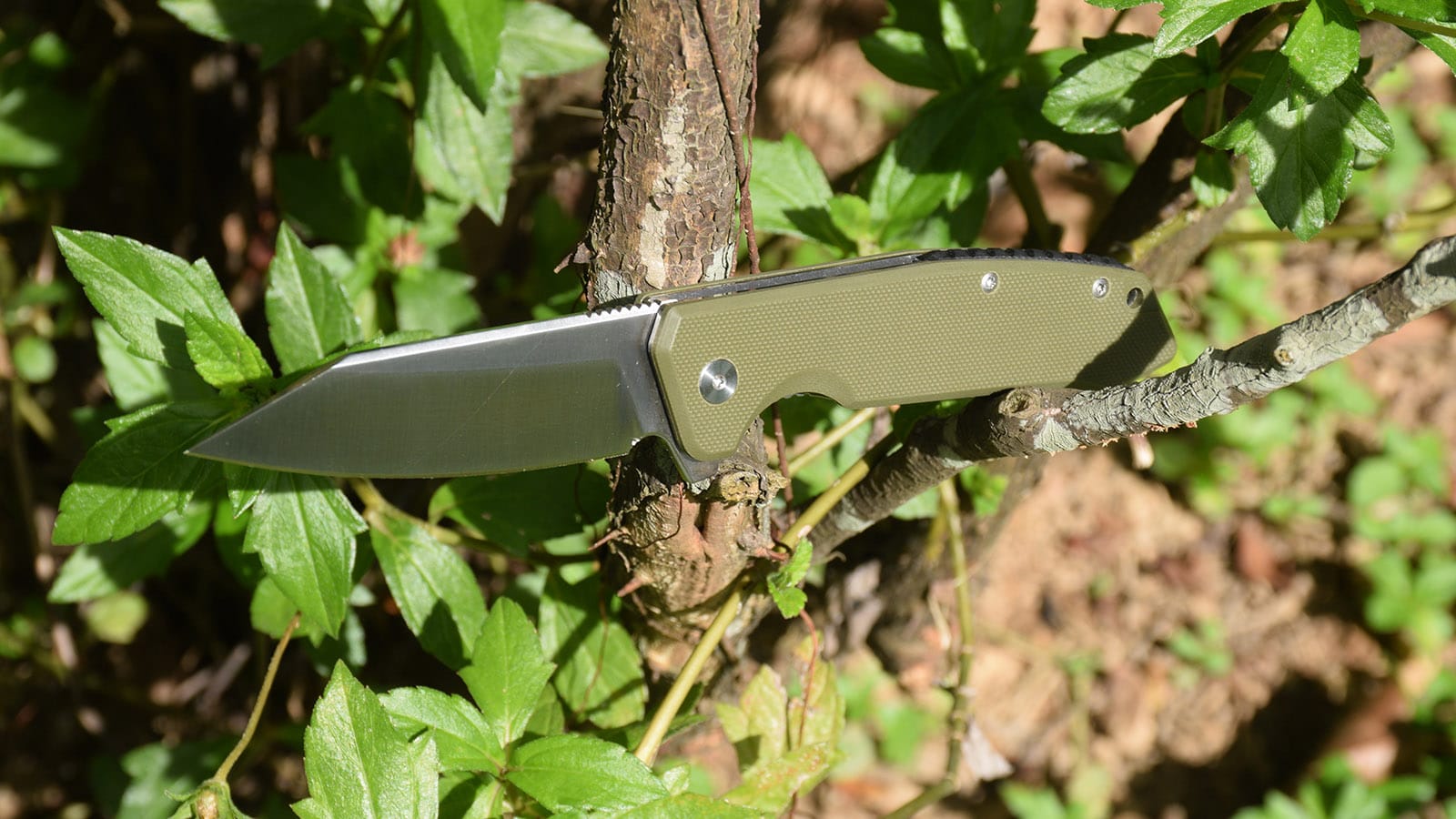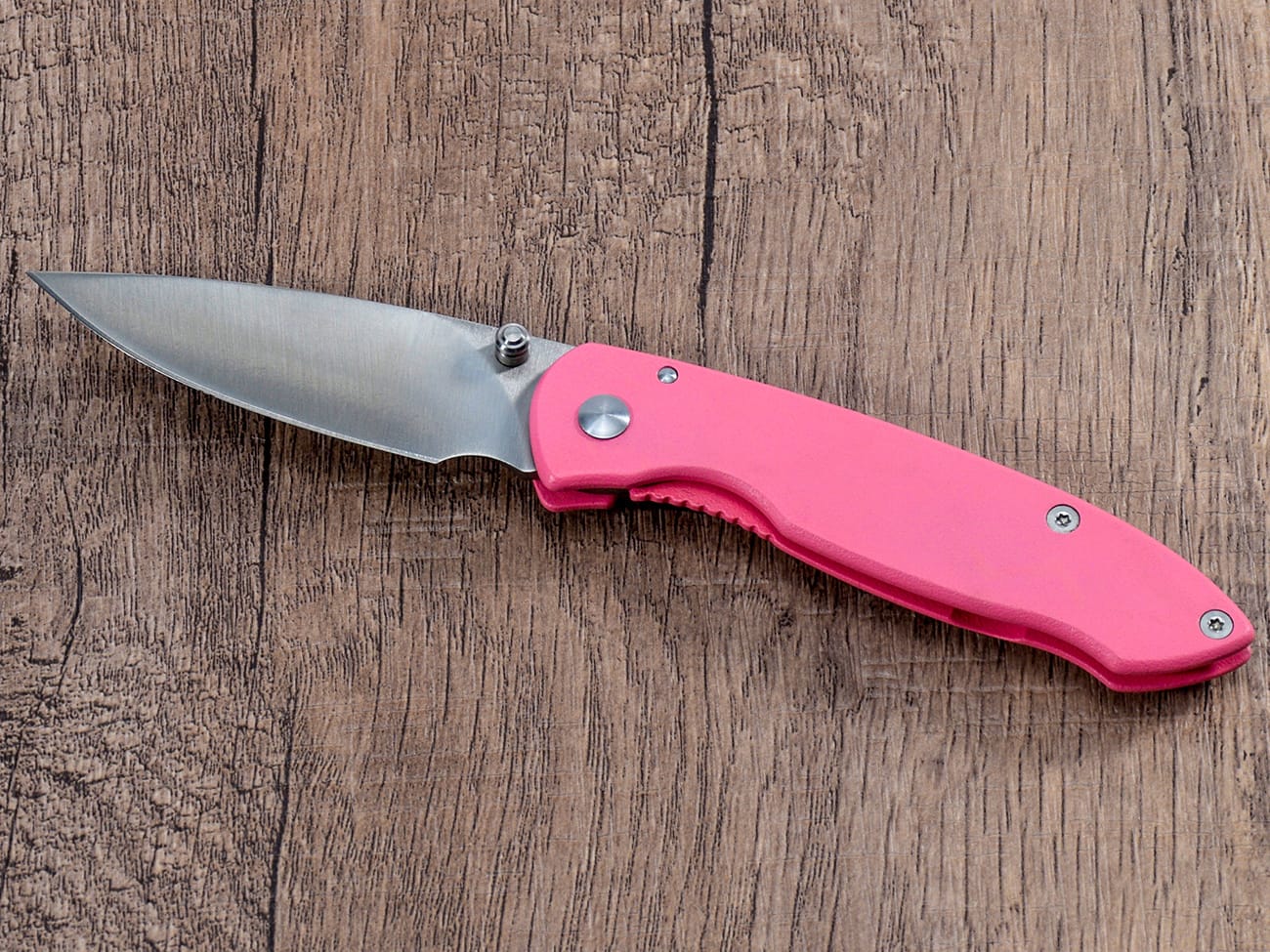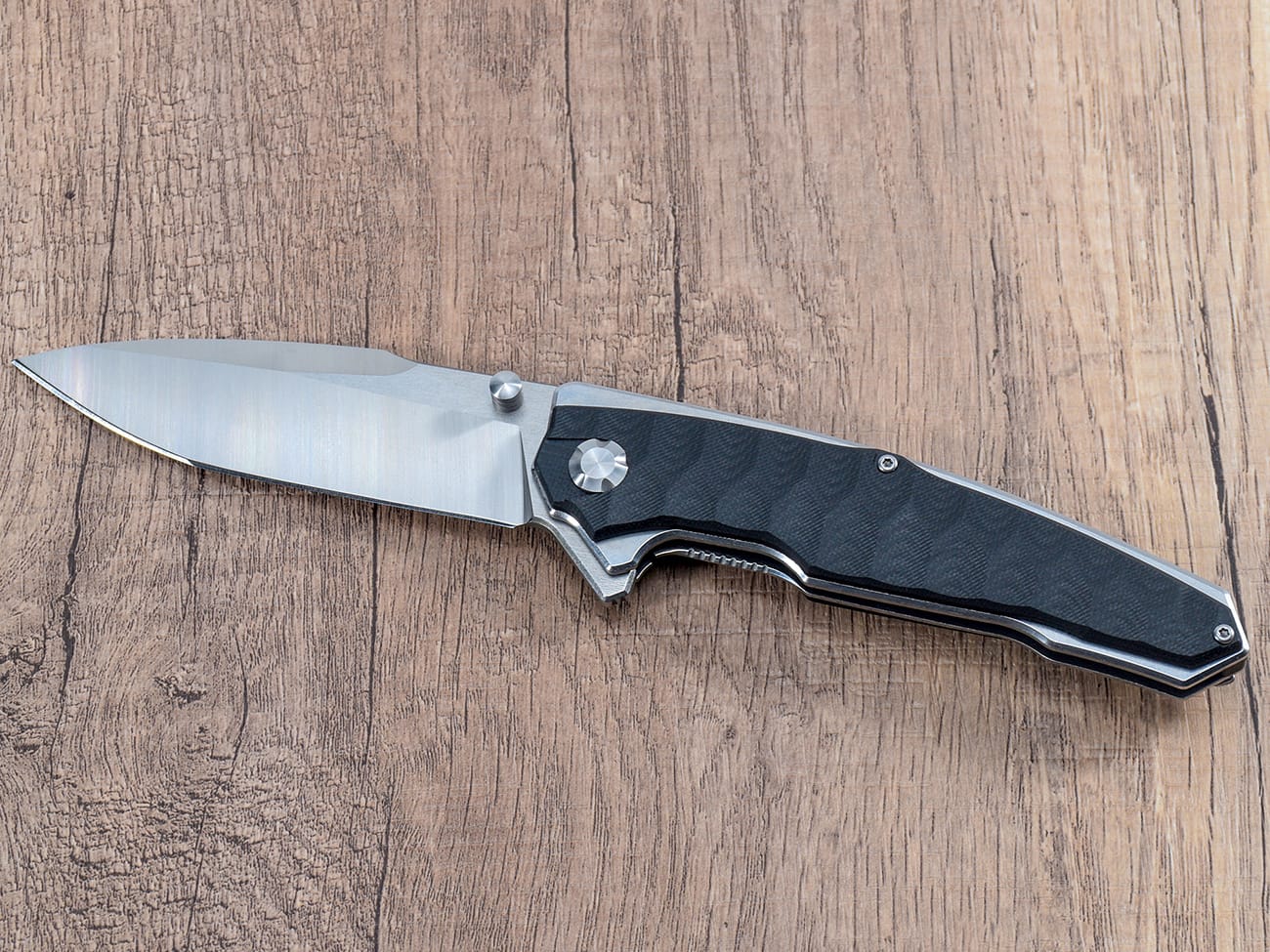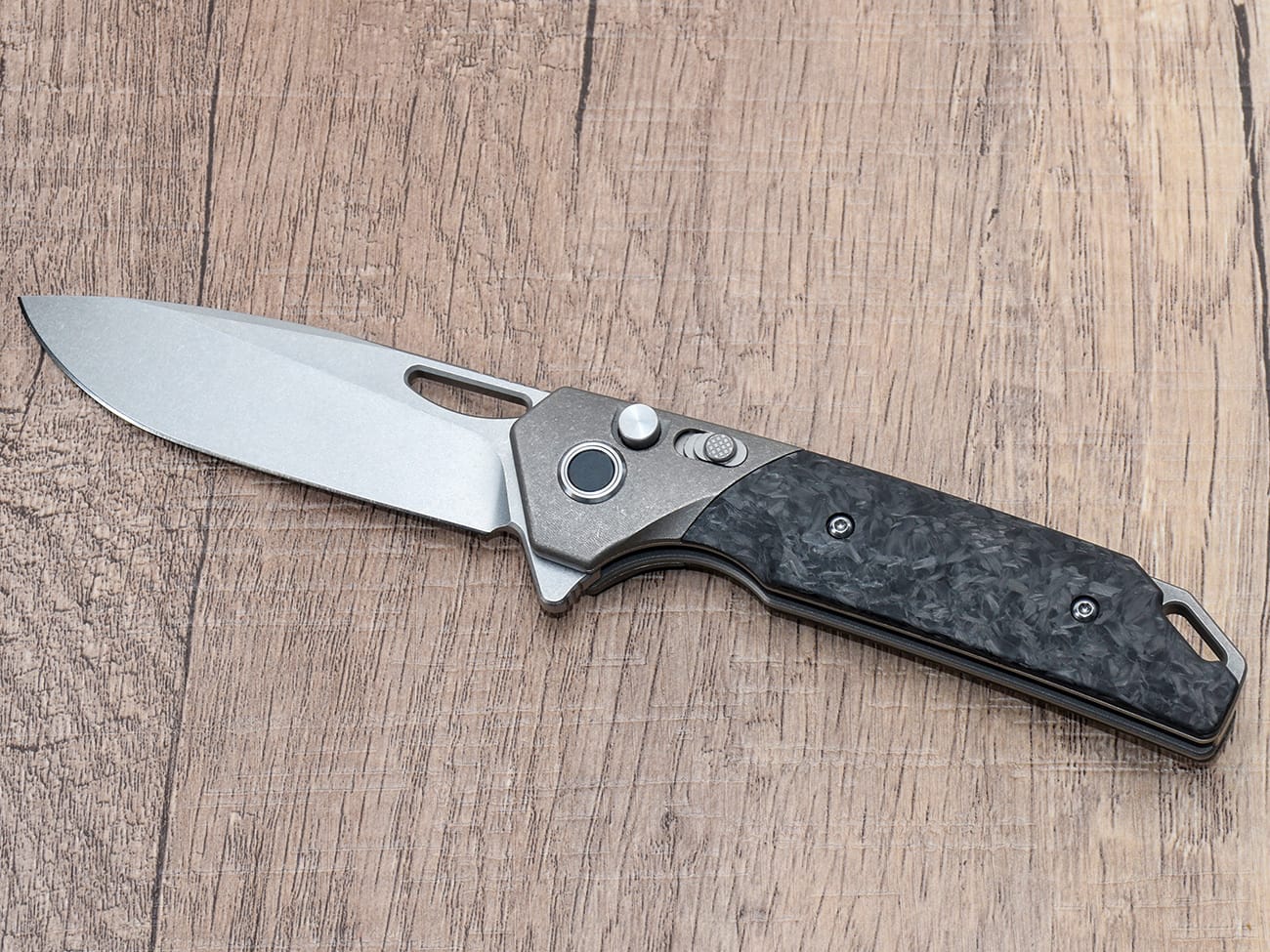Understanding Washington state knife laws is crucial for anyone looking to carry a pocket knife. This comprehensive guide will walk you through the legal landscape, helping you make informed decisions about knife ownership and carry in the Evergreen State. Whether you’re a resident or visitor, knowing these laws can keep you on the right side of the law while enjoying the practical benefits of carrying a pocket knife.
Why This Article Matters
Knife laws can be complex and vary significantly from state to state. In Washington, the rules around knife carry are nuanced, with important distinctions between different types of knives and how they can be carried. This article will help you:
- Understand what types of knives are legal to own and carry in Washington
- Learn about the state’s concealed carry laws for knives
- Avoid common legal pitfalls related to knife possession
- Make informed decisions about which pocket knife to carry
Let’s dive into the details of Washington’s knife laws and answer some common questions.
What Types of Knives Are Legal in Washington State?
Washington’s knife laws are relatively permissive compared to some other states. Here’s a breakdown of what’s generally legal:
- Pocket Knives: Most folding knives with blades under 3.5 inches are legal to carry.
- Fixed Blade Knives: These are legal to own and carry openly.
- Hunting Knives: Generally legal for hunting and outdoor activities.
- Utility Knives: Legal for work-related purposes.
- Kitchen Knives: Legal to own and use in your home or workplace.
However, there are some important restrictions to be aware of.
Are There Any Knives That Are Illegal in Washington?
Yes, certain types of knives are prohibited:
- Switchblades and Automatic Knives: These are generally illegal to possess or carry.
- Ballistic Knives: Prohibited under state law.
- Disguised Knives: Knives that are designed to look like other objects are illegal.
It’s important to note that even legal knives can become illegal depending on how they’re carried or used.
What Are the Rules for Concealed Carry of Knives in Washington?
Concealed carry laws in Washington are where things get a bit more complicated:
- It’s generally legal to conceal carry a pocket knife with a blade under 3.5 inches.
- Fixed blade knives cannot be concealed, regardless of blade length.
- Any knife carried with intent to use as a weapon may be considered illegal.
Can I Open Carry a Knife in Washington State?
Open carry of knives is generally less restricted:
- Most legal knives can be carried openly.
- This includes larger fixed blade knives that cannot be concealed.
- However, carrying any knife in a manner that causes alarm may lead to legal issues.
Are There Blade Length Restrictions for Pocket Knives?
While there’s no strict blade length limit in Washington law, there are some important considerations:
- Knives with blades under 3.5 inches are generally considered pocket knives and face fewer restrictions.
- Longer blades may face more scrutiny, especially if concealed.
- Some local jurisdictions may have additional restrictions on blade length.
How Does Washington Define a “Dangerous Weapon”?
Understanding this definition is crucial, as it can affect the legality of knife carry:
- Any knife used or intended to be used as a weapon can be considered a “dangerous weapon.”
- This classification can apply even to otherwise legal knives.
- Intent and context matter greatly in these determinations.
Are There Specific Places Where I Can’t Carry a Knife?
Certain locations have additional restrictions on knife carry:
- Schools and school grounds
- Courthouses and other government buildings
- Airports and airplanes (beyond security checkpoints)
- Some public events or gatherings
Always check local regulations before carrying a knife in public spaces.
How Do Washington’s Knife Laws Compare to Other States?
Washington’s knife laws are generally considered moderate compared to other states:
- More permissive than states like California or New York
- Less permissive than states with minimal knife restrictions like Arizona or Alaska
- Similar to many other western states in terms of overall approach
What Should I Consider When Choosing a Pocket Knife for Everyday Carry in Washington?
When selecting an EDC knife for use in Washington, keep these factors in mind:
- Blade length (under 3.5 inches is safest)
- Folding mechanism (avoid automatic or assisted-opening)
- Purpose (utility vs. self-defense)
- Ease of open carry if desired
How Can I Ensure I’m Carrying My Knife Legally?
To stay on the right side of the law:
- Choose a legal knife type and size.
- Carry it openly or concealed according to the law.
- Be aware of restricted locations.
- Use the knife only for legitimate purposes.
- If in doubt, consult with a legal professional.
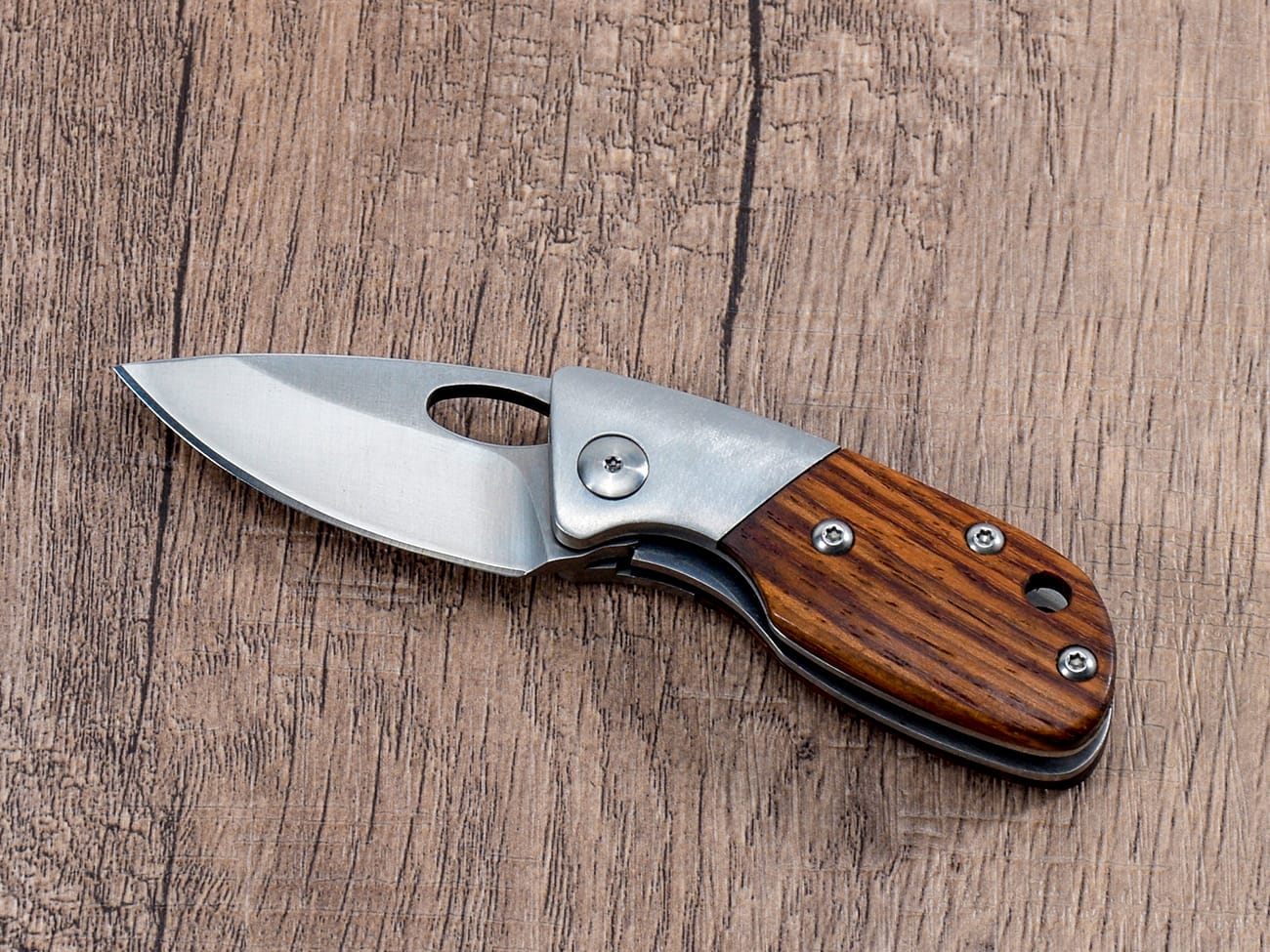
What Are the Penalties for Violating Washington’s Knife Laws?
Consequences for breaking knife laws can be severe:
- Misdemeanor charges for minor violations
- Felony charges for more serious offenses
- Fines and potential jail time
- Criminal record that can affect future opportunities
How Do Local Laws Interact with State Knife Laws?
It’s crucial to understand that local ordinances can sometimes be more restrictive than state laws:
- Cities like Seattle may have additional knife regulations
- Some counties may have specific rules about knife carry
- Always check local laws when traveling within the state
Can I Travel with My Pocket Knife in Washington State?
Generally, yes, but with some caveats:
- Abide by all state and local laws during travel
- Be aware of restrictions in specific locations (e.g., government buildings)
- Consider leaving your knife at home when using public transportation
- Never attempt to bring a knife through airport security
What Should I Do If Stopped by Law Enforcement While Carrying a Knife?
If you’re carrying a knife and interact with police:
- Remain calm and polite
- Inform the officer that you’re carrying a knife if asked
- Explain the purpose of the knife (e.g., work tool, outdoor activities)
- Do not reach for or touch the knife unless specifically instructed
- If questioned about the legality, respectfully state that you believe you’re in compliance with the law
Are There Any Exceptions to Washington’s Knife Laws?
Some exceptions and defenses exist:
- Law enforcement and military personnel may have broader rights to carry certain knives
- Collectors may be able to possess otherwise prohibited knives under specific circumstances
- Historical reenactors may have exemptions for period-appropriate knives
- Legitimate work-related use can sometimes justify carrying certain knives
How Can I Stay Informed About Changes to Washington’s Knife Laws?
Knife laws can change. To stay updated:
- Follow local news and legislative updates
- Consult with local law enforcement or legal professionals
- Join knife rights organizations that track legal changes
- Periodically review official state and local government websites
Key Takeaways: Carrying a Pocket Knife in Washington State
- Most pocket knives with blades under 3.5 inches are legal to carry
- Open carry is generally less restricted than concealed carry
- Certain types of knives (e.g., switchblades) are prohibited
- Intent and manner of carry can affect the legality of knife possession
- Local laws may be more restrictive than state laws
- Always prioritize safety and legal compliance when carrying a knife
Remember, while this guide provides a comprehensive overview of Washington’s knife laws, it’s not a substitute for professional legal advice. If you have specific concerns or questions about knife carry in Washington, consult with a qualified attorney familiar with state and local laws.By understanding and following these guidelines, you can enjoy the practical benefits of carrying a pocket knife while staying within the bounds of the law in Washington state.

